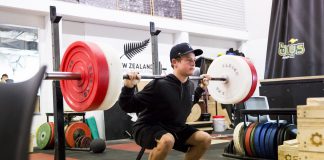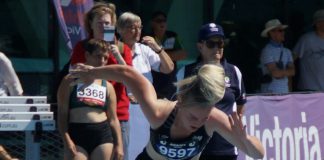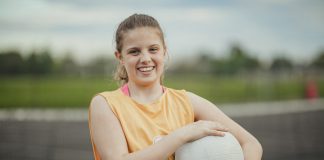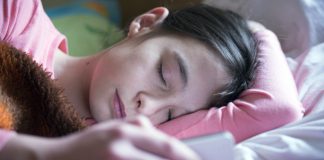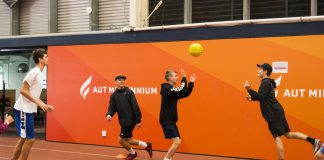Now that school and club sports teams trainings and games are gearing up again, what can your young athletes do to better prepare for the upcoming season?
Eat up!
Adolescents need fuel just for their growth, let alone added activity such as sport. Ensuring that there is ample food at each meal, including pre and / or post training snacks is key to giving them the extra energy they need. Making sure that each meal is not just delivering them much needed calories but also good nutrition is ideal. Fruit, oats, smoothies, whole grain sandwiches, eggs, protein, nuts – try not to just load up on sugar which can leave them wiped out and depleted.
Get fit!
The first training session of the season is going to be tough if you haven’t maintained your fitness and fatigue may contribute to injury. Prepare for the season by starting some progressive fitness training every other day. Get your kids to run around the school field, or around the block with you, jump on their bikes or go for a swim.
Strengthen your body!
If you focus on full body movements, it’s hard not to apply them to your particular sport. Body weight squats, push ups (on knees or feet), row (using a resistance band) and shoulder press can all help build strength needed for passing a ball, running, kicking and throwing. Again, do these every other day and do them in three sets of 10-15. Preparing your muscles and tendons for increased load can help make them fatigue resistant and increase their capacity to withstand injury and pain.
Sleep!
A study has shown that adolescents who had less than eight hours sleep per night were almost twice as likely to injure themselves than those who got eight or more hours of sleep per night. Poor sleep can affect reaction times and impair mood and cognitive functions. Another study found that basketball players that increased their sleep per night to 10 hours were able to sprint faster and shoot more accurately. In cyclists, impaired sleep reduced their cardiovascular performances. Of course this isn’t always possible, but encourage your kids to sleep as much as they can, when they can. This can be promoted by reducing screen time within an hour or two of bedtime, not eating dinner too late and keeping bedrooms at a cooler temperature.
Sort out those old niggles!
If your child was plagued by a painful problem all last season, perhaps assuming that they’ve just grown out of it over lockdown while they’ve been resting is a missed opportunity to manage this issue before it rears its ugly head again. Rest isn’t always the only solution, there may be some rehab or simple advice that could help them get through this next season pain free.
Set goals!
Making a particular grade in their sport, committing to making every training session, improving their sprint time – goal setting can help prepare your young one’s mind and expectations for their season, which can be just as important as physical preparation. Research has shown it can improve performance in sport. Sit down and write a couple of goals that are specific, easily measured, achievable, realistic and within a particular timeframe and help them assess how they are going on this journey.
If your adolescent is having any issues with preparing for sport, or has been plagued by injuries or pain in this sport previously, come and chat to one of the team at Healthzone Physiotherapy. We can assess your adolescent and ensure that they are on track for an optimal return to sport this year.






























